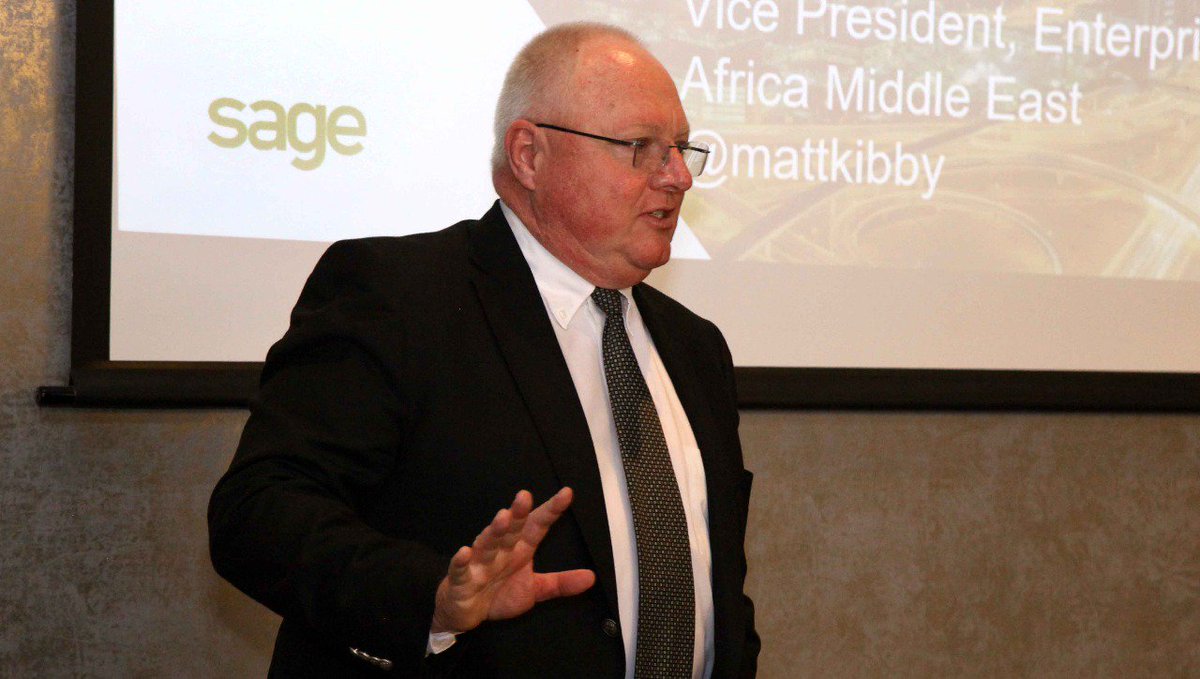advertisement
The CIO and CFO: Two chiefs of digital transformation
Digital transformation is high on the agenda for CIOs in Africa. According to Gartner’s 2019 CIO Agenda, 30% of CIOs…

Digital transformation is high on the agenda for CIOs in Africa. According to Gartner’s 2019 CIO Agenda, 30% of CIOs in Africa have placed digital as their number one business priority for 2019. But transforming their companies’ business models is not something that CIOs can achieve on their own.
The impact of digital transformation on every aspect of the business – from back-office processes to the customer experience – means that it’s more important than ever for technology and business strategy to be aligned. The chief executive, CMO (chief marketing officer), and CHRO (chief HR officer) and the CFO (chief financial officer) all have a role to play.
Who could be better positioned to partner with the CIO to understand how digital technology can be used as a lever for revenue and profit growth than the CFO? The modern CFO is not only responsible for financial planning, management and record keeping – he or she also has a key role to play in the analysis of data and in strategic decision-making. The financial leader is the person who sees all vital business data and has skills to analyse and interpret it.
advertisement
As such, CFOs are in a great position to look at digital projects—from enterprise applications to artificial intelligence and the cloud—and assess whether they will deliver the return-on-investment to justify long-term change. They can evaluate whether initiatives are likely to differentiate the business and result in better productivity and efficiency.
For that reason, the CFO needs to work closely with the CIO to understand where technology investment should go and what should be prioritised. For example, the CFO should be looking attentively at where inefficient processes can be automated, rather than increasing headcount, which can be a costlier exercise.
advertisement
Data-driven and cloud-enabled
As part of digital transformation, CFOs should be looking for enterprise technology solutions that can provide fast and easy access to real-time financial data, which they can use to make better-informed decisions. As well as ensuring compliance, these tools must give them better access to financial and operational data, with automated alerts and perhaps capabilities such as scenario planning.
The cloud is a great enabler, allowing CFOs access to real-time data anywhere and anytime. With enterprise cloud solutions now reaching maturity, businesses are turning away from legacy Enterprise Resource Planning (ERP) systems to more flexible and cost-effective solutions such as Sage Business Cloud Enterprise Management.
With the latest version of the software – Enterprise Management v12 – Sage offers unrivalled freedom of choice when it comes to cloud, hybrid and on-premise deployment options. From supply-chain management to manufacturing, through to HR and payroll management capabilities, the solution delivers a more personalised experience for businesses than traditional ERP.
advertisement
It is through partnering with CIOs and by deploying fit-for-purpose business solutions that the CFO can help the organisation grow and thrive during a time when technology and consumer expectations are changing at high speed.
Today, the job of a CFO is to create better financial strategies that align with the needs of the business. They must in effect become strategic partners, empowered with the real-time analytics and insight that digital transformation can bring.